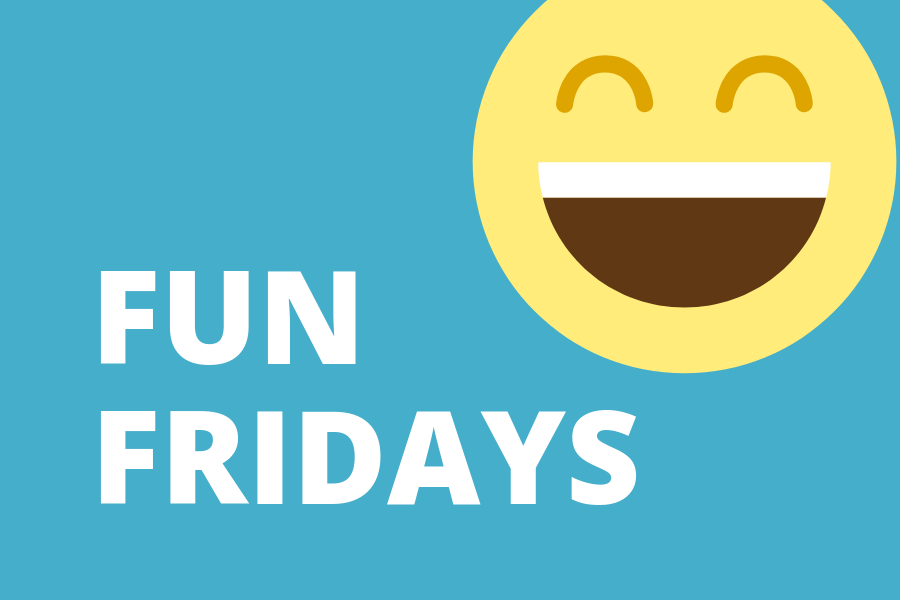All novelists will have to wait until next week’s blog which will address fiction proposals. Today’s topic is nonfiction.
What is the Big Idea?
Trying to find something unique and never before addressed in book form is nearly impossible. But each proposal needs to be clear what the book is about. You’d be amazed how many proposals I’ve seen where they try to hide the “pay-off.”
If the book is about dealing with difficult people, lead with that. If it is about potty training, lead with that. If it is about church planting, lead with that.
What is Your Platform?
This is another way of asking “Who are you and why do you have the right to write this book?” Do you have the credentials to be an expert on the topic? Are you out speaking regularly to sizeable audiences on the topic? Do you have a blog or a newsletter that speaks to this topic?
I ache for the writers who have worked on a book for twenty years, on a theological topic, while they have had a career as a car salesman or some other unrelated occupation. It doesn’t mean the writer isn’t any good, but credibility factors in when the buying public looks at the book before buying it.
Platform, in essence, is presenting to the agent, the publisher, and the marketing department the size of the audience you can bring with you to the book, which usually translates into measurable sales.
One caveat…some books do not need a platform to be published. Often there are books where the concept or the title is bigger than the writer. But even then a publisher is going to want to know what you, the writer, can do to sell copies of the book.
What Makes Your Book Unique?
If you’ve defined the big idea and have a platform on which you are standing to tell the world of your book…then why your book and not Mr. Famous Author and his book on the same topic?
I remember once seeing a great proposal on grief and suffering. But when we looked at the comparable titles, there was nothing in the proposal that could make it stand out against the 50 well-known titles already available. Doesn’t mean the book idea wasn’t worthy, only that it would struggle to get a foothold without something extra.
Is Your Book Commercially Viable?
For example, I might write a book on all 150 Psalms…and it is brilliant (at least I think so)… But who cares what I have to say about the Psalms? I suspect I could sell a few to fellow church members and carry it with me to places where I speak. And a few blog readers might be curious. But that does not translate to “commercial viability.”
Even if I know I could personally sell 1,000 copies, that is not going to attract a major publisher, despite the fact that it is the best commentary ever written on the Psalms. I simply do not have the caché that would make someone who does not know me gasp and say “I have to buy this book!”
Does it mean the book is unworthy of publication? Of course not. It only means that from an economic perspective it would be highly unusual for a major publisher to invest in it.
That is the beauty of today’s technology that would allow me to publish the book myself and sell those 1,000 copies without having to print a truckload of books and store them in my garage.
Have You Written the Best Book Ever?
Okay, maybe that question is a little unfair. But here’s the reality. A majority of the proposals that agents receive are not very well written. I’m sorry to be the one to say it. That is why an extremely well-written book makes me sit up and take notice. They stand out simply by the quality of writing.
Put your book through its paces. Consider hiring a top-level freelance editor (like those found in the Christian Writers Market Guide). It will not be cheap, but do you want it to be cheap? (The old adage is that you get what you pay for.) Even then don’t expect the freelance editor to be a magician and convert your turnip into gold. It may still be a turnip.
You’re Next
Our agency has had first-time authors, never before published, receive a contract because they answered all these questions perfectly. A great idea, with a good platform, positioned strategically for the market, and delivered fantastic sample chapters.
Now it is your turn.



 Fun Fridays – July 22, 2022
Fun Fridays – July 22, 2022

Sure, I have a great idea,
on how to keep good cheer
that is not just panacea,
but no-one wants to hear
’bout cancer that’s not tragedy,
’bout failed life that’s OK,
’bout death, though it has victory
cannot still have its way
to put down my dancing heart
and break me to its plow;
they think I merely play a part,
and cannot fathom how
in the midst of fetid night
I find that I am bathed in Light.
FYI. Nonfiction is no longer hyphenated.
True. But not wrong. Both can still be used. But the Chicago Manual of Style does say nonfiction is correct.
See? Even an old dog can learn a new trick! Thanks Deb!
This is a great post, Steve.
I have a presentation and writing on Cultivating a Spirit of Forgiveness. It was born out of the murder of my mother’s younger brother by strangers, followed seven years later by the murder of three grandchildren by my son-in-law.
What I have to say is valuable, and I have shared it in a few speaking venues. But I have no platform—nada, zero, zilch, zip. It will probably never see the light of day. But I keep sharing, one on one. Therefore I have hope that God is using it for his glory.
Thank you for giving us the realities of the publishing industry. As an independent editor, I’ve had to share much of the same information with aspiring writers. (And I generally send them to this blog for additional education.)
Oh, dear Judith.
Judith, it looks as though you DO have a platform. Though it may not be huge enough to attract major publishers, I suspect God uses it to bless those struggling with forgiveness on all levels. Thanks for sharing this.
A powerful story that should be told. By someone who lives it.
The question is whether to independently publish or not. The biggest publishers may not risk the fiscal investment. But a smaller press might.